These are the words of Abdul Sattar Edhi - the man who showed humans what humanity actually means - that he lived by throughout his time. Four years after the creation of what was meant to be the first Islamic welfare country - when people affected by the largest and bloodiest mass migration in recorded history were struggling to rebuild their lives - this then 23-year-old migrant started off his philanthropy work with a handful of rupees in hand. He rented a small shop to set up a free dispensary in a narrow lane of Mithadar in Old City area of Karachi. No one knew that one day this Gujrati Bantwa Memon youth will lead the world’s largest private welfare organisation.
Edhi’s better half bids final farewell
The richest poor man
He was a man beyond any religion. The man was so rich that he fed, housed and helped millions of people, irrespective of their caste, colour, creed or religion, amid likes and dislikes by his admirers and critics in his own country. The same man was so poor that he was not able to buy his family new clothes and shoes on Eid.
His legacy lives on
Today, he is physically no more. He was laid down on Saturday in the grave that he himself chose for himself more than two decades back. A large number of statesmen, military chiefs and common men attended his funeral at the National Stadium. His coffin was given the protocol that he never wanted and, perhaps, hated all his life.
Noble mentor Edhi influenced my mind and personality: Aisam
The Edhi Foundation’s ambulance service started with an old Hillman van. Today, it stands with around 1,800 vehicles, becoming the largest of such a service in the whole world. According to the website, Edhi.org, the organisation, apart from its ambulance service, runs the following welfare projects among others:
Jhoolas (cradles)
Jhoolas have been set up across the country in places where the Edhi Foundation has its offices. The project is run by Edhi’s wife, Bilquis, and the idea behind this is to save newborn babies who are unknown, abandoned or unwanted.
Petition for renaming new Islamabad airport after Edhi
Child adoption centres
The Edhi Foundation runs countrywide adoption centres where the babies left abandoned in the jhoolas are handed over to childless couples after a process involving the scrutiny of the applicant family.
Shelter homes and orphanage centres
There are 18 such centres across the country, seven of which are based in Karachi, which provide shelter to orphans and the needy.
Animal shelters
In a country where proper healthcare on public exchequer for even taxpayers is a distant dream, Edhi has set another precedent by setting up animal shelters. In Karachi alone, two stations have been set up at Super Highway and in Korangi to aid injured animals.
Rest in power: Edhi buried amid mystics
Edhi morgue
Almost every family residing in this metropolis has used the Edhi morgue at Sohrab Goth to lay their dead for the time between the person’s death and funeral rites. It is the largest morgue in the country. Apart from this, such centres also exist in other parts of the country.
Graveyard
The organisation also runs the largest network of coffin and burial services. According to its website, Edhi himself has given ghusl (bath) to more than 58,000 dead bodies. The burial services are performed as per the dead’s religion.
Malala, Musharraf appeal for posthumous Nobel prize
A huge network
Apart from the mentioned, the organisation also runs other projects pertaining to education, paramedical and vocational trainings, and employment and marriage bureaus. The Edhi network is also spread across other countries, such as Afghanistan, Canada, United States, Nepal and the Middle East.
Published in The Express Tribune, July 10th, 2016.
1730516134-0/Diddy--Lopez-(1)1730516134-0-405x300.webp)


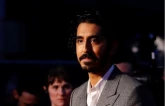
1725885571-0/Tribune-Pic-(9)1725885571-0-165x106.webp)
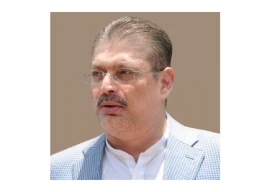
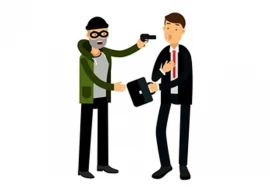

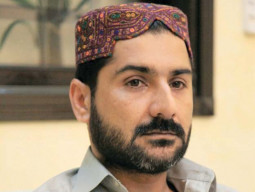
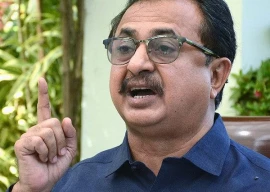
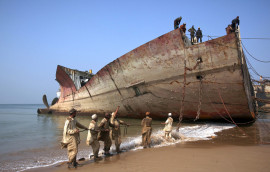






COMMENTS (7)
Comments are moderated and generally will be posted if they are on-topic and not abusive.
For more information, please see our Comments FAQ